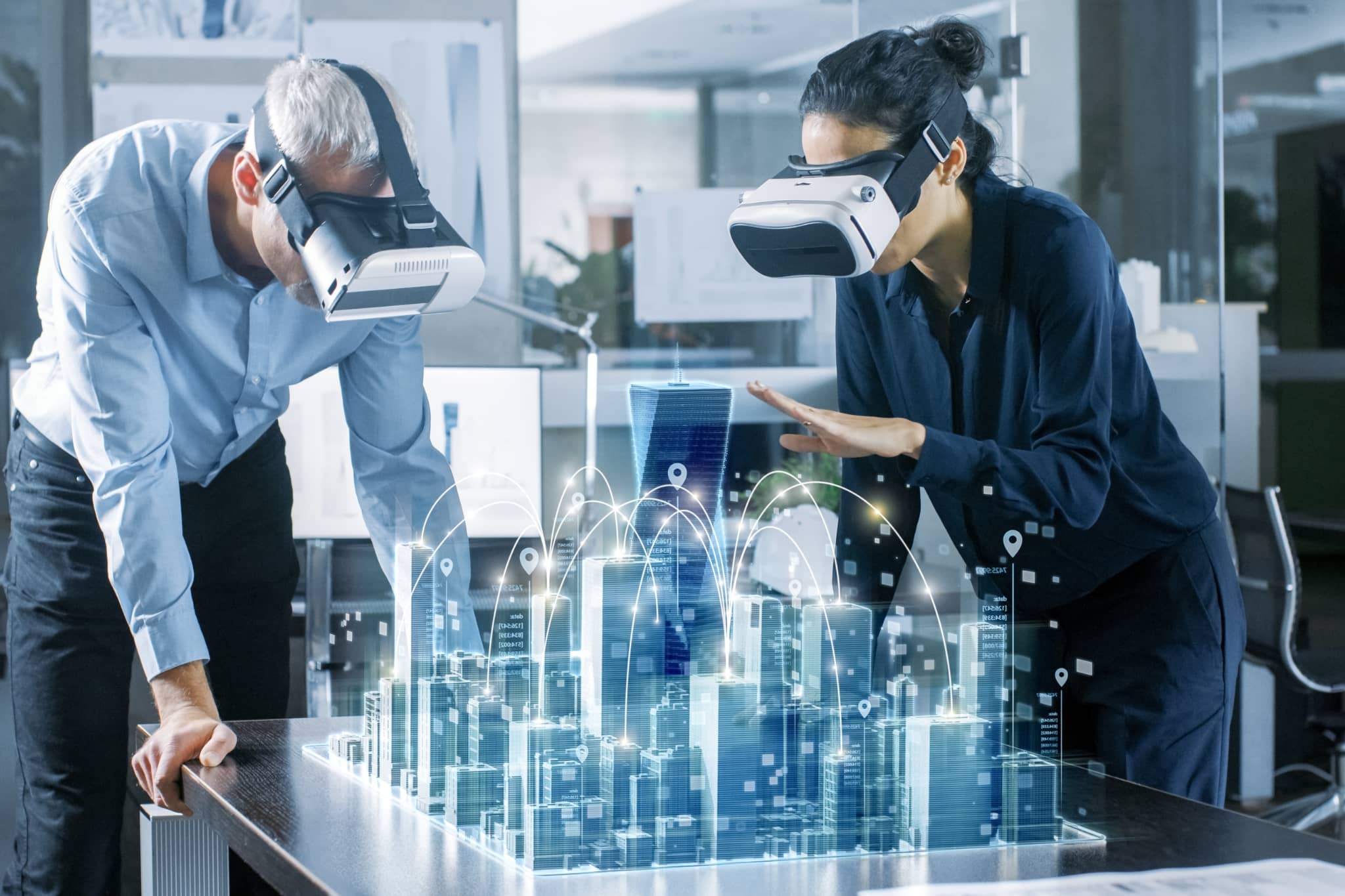
AI & Automation: The Human Skills that make the difference

The increasing integration of artificial intelligence (AI) and automation across many industries is transforming the way we work. However, despite technological advances, some Human Skills remain irreplaceable and continue to play an important role. The World Economic Forum's (WEF) Future of Jobs Report 2025 does not fail to point out that today, "47% of job tasks are performed primarily by humans, 22% primarily by technology (machines and algorithms) and 30% by a combination of both." Let's first define the notion of "human skills". Then, let's review the human skills that are essential for work and increasingly coveted by recruiters.
What do we mean by "Human Skills"?
Human Skills, otherwise known as "transversal skills", "behavioural and relational skills" or "soft skills", are personal and interpersonal qualities that influence the way a person interacts with others and adapts to their environment. They encompass everything related to our adaptability, our communications, our decision-making, our creativity and our management of emotions. These "interpersonal skills", as opposed to "know-how" skills, also known as "technical skills" or "hard skills", far from being innate, are cultivated and acquired throughout life. They contribute to our personal and professional development.
Essential Human Skills in the age of AI and automation
In the context of the rise of AI and automation, certain human skills are proving to be particularly useful at work. Here are the reasons:
- Critical Thinking and Complex Problem Solving: Machines and algorithms can process large amounts of data and perform repetitive tasks, being able to analyze complex situations and question themselves remains an essential human skill. Critical thinking, defined by the ability to approach a situation in a factual and rational way and to consider it from multiple angles while separating facts from opinions, prejudices and intuitions to gain discernment, objectivity and efficiency in our decision-making; brings real added value. It allows you to ask the right questions, evaluate different perspectives and solve problems in innovative ways.
- Emotional Intelligence: Being able to understand and manage one's own emotions, as well as those of others, helps facilitate interactions and build strong relationships. Skills in communication, empathy, relationship management are valuable assets in many fields such as services, management or human resources. Emotional intelligence plays a big role socially and allows us to make decisions that consider human feelings and motivations.
- Creativity and Innovation: AI can generate ideas based on existing data. Creative and innovative ideas, on the other hand, come from human ingenuity. The ability to think outside the box and propose new solutions is at the root of innovative projects and the design of disruptive products and services.
- Adaptability and Flexibility: Technological advances are transforming the work environment. The ability to continually adapt to change, learn new skills and evolve as needed is a great advantage.
- Interpersonal skills and collaboration: Working effectively in a team, communicating clearly, resolving conflicts, and collaborating intelligently with others encourages good cooperation. This collective human dynamic is at the origin of harmonious and productive interactions.
- Ethics and Judgment: Ethical decisions and moral judgments require a deep and nuanced understanding of social and cultural contexts, as well as careful thinking about impacts and consequences. Humans are needed to ensure that technologies are used responsibly, also to interpret all data, take into account all parameters and make decisions that respect societal values and norms.
- Leadership and Influence: Machines cannot replicate the leadership skills needed to motivate, inspire, and guide teams toward common goals. To lead or manage effectively and carry out projects, charisma, the ability to influence and mobilize others are great human qualities.
Although AI and automation continue to advance, transforming the job market, and bringing significant benefits in terms of efficiency and productivity; human skills such as critical thinking, emotional intelligence, creativity, adaptability, ethics, leadership, and collaboration remain indispensable. They make the difference by complementing the contributions of advanced technologies. Often more subjective and less tangible than technical skills, it is very important to be able to evaluate them. Our psychometric tests (personality inventories, intellectual ability and critical thinking assessment tests, motivational and professional interest questionnaires, 360° questionnaires) allow you to do this objectively and with great precision.


